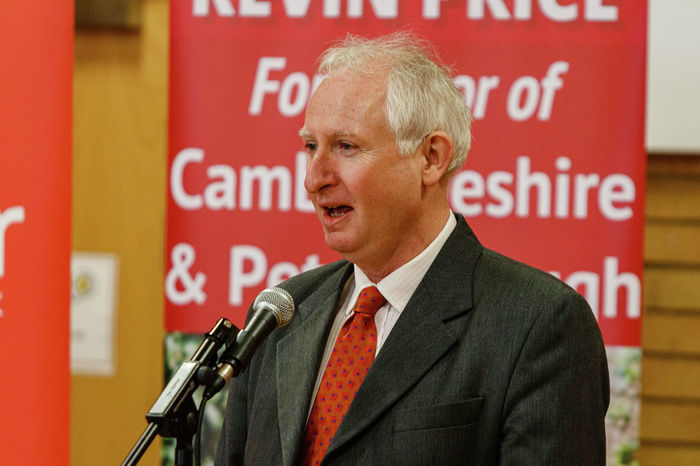Cambridge set for budget boost
The Prime Minister has faced calls to turn the Cambridge region into the ‘crown jewel’ of European innovation

Vice-chancellor Deborah Prentice and Cambridge MP Daniel Zeichner have both welcomed the government’s budget after Cambridge received significant investment.
Cambridge was mentioned twice in Rachel Reeves’ hour-and-a-half speech, first about providing investment to help Cambridge “realise its full growth potential” and second to reaffirm the government’s commitment to “deliver East West Rail to drive growth between Oxford, Milton Keynes and Cambridge”.
The budget announced more than £40 billion in tax increases, including a rise in national insurance paid by employers, an increase in capital gains tax as well the ending of offshore trusts to shelter assets from UK inheritance tax.
The tax increases will help fund a planned £100 billion rise in capital spending, with pledges for an extra £22 billion for day-to-day spending for the NHS and £6.7 billion for education, including £300 million for further education.
The news comes after the previous government planned to make Cambridge a central part of their levelling up agenda, with Michael Gove drawing up plans to make the city the “science capital of Europe” which included building 150,000 homes.
In response to the budget, Professor Prentice said: “We welcome the Government’s recognition today of Cambridge as a globally renowned centre of excellence in science and innovation, and we look forward to working with colleagues locally, nationally, and beyond to ensure Cambridge realises its full potential for driving growth.”
Commenting on the increased spending in public investment, Zeichner said: “Importantly, that includes the green light locally for £10 million of new investment in Cambridge and our local infrastructure. This funding will enable the Cambridge Growth Company to develop an ambitious plan for the housing, transport, water, and wider infrastructure Cambridge needs to realise its full potential.”
He continued: “This funding, together with East West Rail, will support life sciences companies and unlock private investment, to connect the laboratories, industrial parks, and housing needed, cementing Cambridge’s status as a globally renowned centre of excellence and its important role within the Labour government’s new Industrial Strategy.”
More recently, Sir Keir Starmer faced calls from leading companies like AstraZeneca and Airbus to revive efforts to develop the Oxford and Cambridge region into the “crown jewel” of European innovation.
In July, business leaders and university heads wrote to the prime minister to ask for greater investment in transport links, financial incentives and research space to create a “global science and technology supercluster”.
In addition to the other tax changes announced in the Budget, Labour also confirmed a cut to the draught duty by 1.7%. According to Reeves, this will mean “a penny off the pint in the pub,” benefiting all beer-loving students.
In a boost to student workers, the Budget also outlined increases in the minimum wage which are due to come into effect in April 2025. The new changes will mean those aged over 21 will see their minimum wage rise to £12.10 an hour, while 18 to 20-year olds will see their pay increase to £10.













